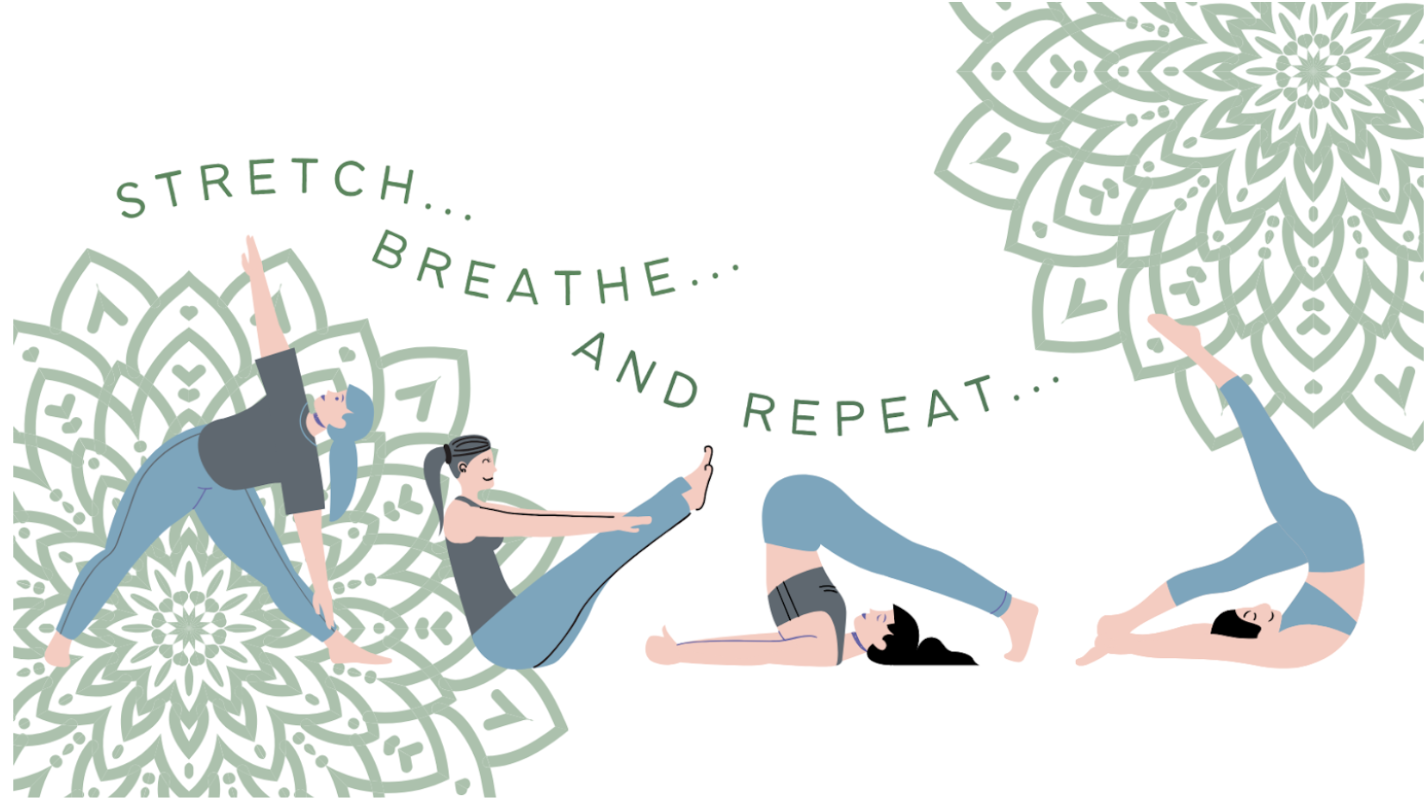
 |
Author: Emmalyn J. April 30, 2024 · 6 min |

In today's fast-paced world, where the demands of work, family, and personal life can often feel overwhelming, prioritizing mental health has become more essential than ever. While the challenges we face may seem daunting, discovering simple yet effective ways to boost our mood and nurture our emotional well-being can be powerful tools in maintaining a sense of balance and vitality. In this blog post, we'll explore some key strategies backed by research to help you cultivate a healthier mindset and foster a greater sense of well-being in your daily life

Research confirms what many of us intuitively feel: staying active isn't just beneficial for our bodies—it's a game-changer for our minds too. Engaging in regular physical activity has been linked to reduced symptoms of depression and anxiety, along with improved overall well-being. Whether it's hitting the gym for a high-energy workout, flowing through a yoga sequence, or practicing mindful meditation, finding ways to move your body can have profound effects on your mental health.
Recent studies highlight the therapeutic benefits of exercise and yoga for alleviating symptoms of depression, while aerobic activities have shown promise in enhancing mood and cognitive function. While the research on managing anxiety through exercise is still evolving, practices like tai chi and qigong offer additional avenues for promoting relaxation and emotional resilience.

Adequate nutrition plays a crucial role in supporting mental health. Maintaining a balanced diet rich in essential nutrients like Vitamin D and omega-3 fatty acids can help regulate mood and energy levels while avoiding highly processed and inflammatory foods can reduce the risk of exacerbating mental health issues. You can fuel your body and mind for optimal well-being by prioritizing healthy eating habits and mindful food choices.
Sleep and mental health are deeply intertwined, with poor sleep often exacerbating symptoms of depression, anxiety, and stress. Research shows that improving sleep quality can significantly affect overall mental well-being. By prioritizing good sleep hygiene and ensuring you get sufficient rest, you can support your emotional resilience and enhance your ability to cope with life's challenges.
Practices like mindfulness, meditation, and mindful movement offer powerful tools for nurturing mental well-being. These techniques can help reduce stress, promote relaxation, and cultivate greater self-awareness. Whether taking a few moments to breathe deeply and center yourself, or engaging in a structured meditation practice, incorporating mindfulness into your daily routine can profoundly affect your emotional health and resilience.
In conclusion, prioritizing mental health is essential for navigating the complexities of modern life with resilience and vitality. By incorporating simple yet effective strategies like exercise, nutrition, sleep, and mindfulness into your daily routine, you can take proactive steps to nurture your mental well-being and cultivate a greater sense of balance and fulfillment in your life. Remember, small changes can lead to big results—so start today and invest in your mental health for a brighter tomorrow.
[1] Carek PJ, Laibstain SE, Carek SM. Exercise for the treatment of depression and anxiety. Int J Psychiatry Med. 2011;41(1):15-28. doi: 10.2190/PM.41.1.c. PMID: 21495519.
[2] Saeed SA, Antonacci DJ, Bloch RM. Exercise, yoga, and meditation for depressive and anxiety disorders. Am Fam Physician. 2010 Apr 15;81(8):981-6. PMID: 20387774.
[3] Scott AJ, Webb TL, Martyn-St James M, Rowse G, Weich S. Improving sleep quality leads to better mental health: A meta-analysis of randomized controlled trials. Sleep Med Rev. 2021 Dec;60:101556. doi: 10.1016/j.smrv.2021.101556. Epub 2021 Sep 23. PMID: 34607184; PMCID: PMC8651630
[4] Scott AJ, Webb TL, Rowse G. Does improving sleep lead to better mental health? A protocol for a meta-analytic review of randomized controlled trials. BMJ Open. 2017 Sep 18;7(9):e016873. doi: 10.1136/bmjopen-2017-016873. PMID: 28928187; PMCID: PMC5623526.